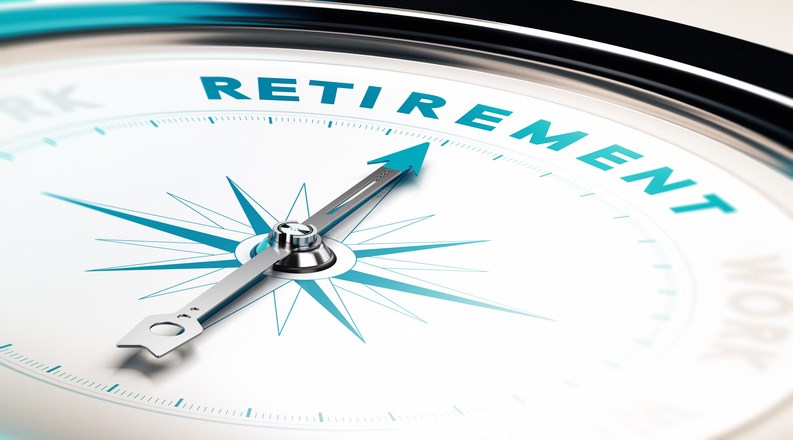DENVER — Women in Colorado earn 80 cents for every dollar a man makes, and that wage gap plays a deciding role in how and when women can securely retire.
Jennifer Norr, president of the Women in Pensions Network, said women more often work part-time jobs than men, making them less likely to have a retirement plan through the workplace. Women also are more likely than men to leave the workforce to care for children or other family members, which Norr said impacts their ability to save for retirement.
"They don't make as much as men, they're currently paid about 80 cents on the dollar, and that's worse for women of color," she said. "It's all the more reason why women need resources like pensions so that they can retire with dignity."
Companies that offer retirement benefits largely have abandoned pensions over the past decades, in favor of lower-cost contributions to individual retirement accounts including 401(k)s, with values linked to the stock market. Norr said any form of retirement savings can help keep women out of poverty in their sunset years, but noted that pensions provide a stable, guaranteed source of income.
Female employees make up 60% of the public-sector workforce, and Daniel Doonan, executive director of the National Institute on Retirement Security, said most city, county, state and federal jobs come with a defined-benefit pension: You earn the benefit during your career, and upon retirement, that benefit is paid out through your lifetime.
"If you retire at 65, you'll receive a monthly check for the rest of your life," he said, "and you may also have a spousal benefit, if you pass away and your spouse continues living."
He added that women also experience higher health-care and housing costs in retirement, since they live longer than men, putting women without pensions at greater risk of outliving their savings. In a 2020 survey, two-thirds of older people reported they're more afraid of running out of money in retirement than death.


.jpg;w=120;h=80;mode=crop)
